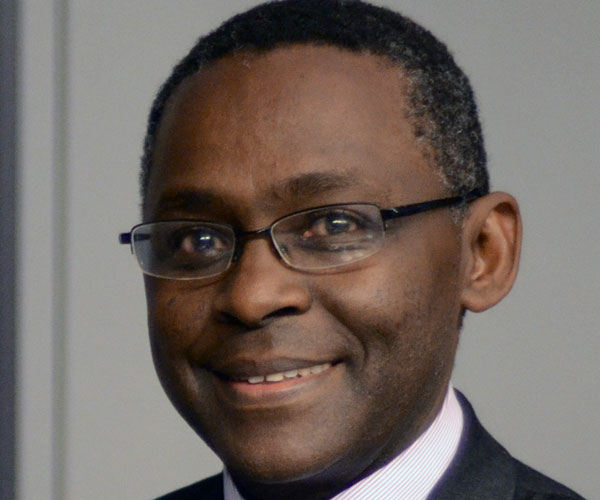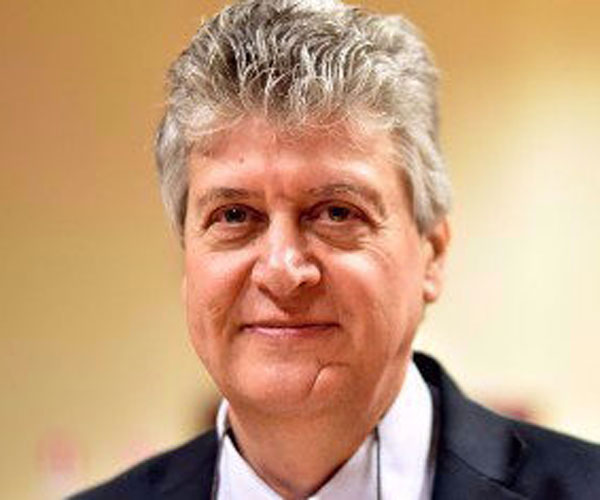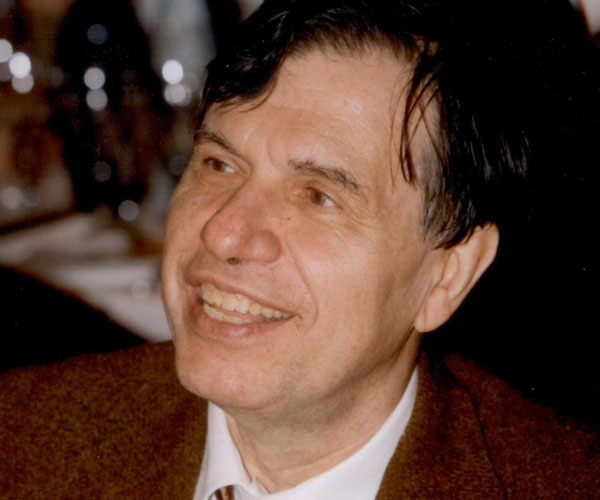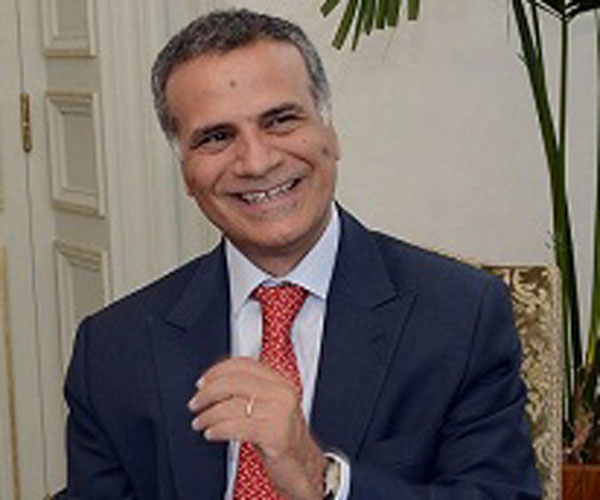TWAS and the International School for Advanced Studies (SISSA) in Trieste, as well as the Accademia Nazionale dei Lincei in Rome, are launching a new exchange programme for young scientists from developing countries. The Italian Ministry of Foreign Affairs and International Cooperation (MAECI) is playing a central role in the project offering support through its Directorate General for Development Cooperation.
The "TWAS-SISSA-Lincei Research Cooperation Visits Programme" offers 10 fellowships and the chance to participate in three-month exchange visits at SISSA's laboratories. Eligible applicants must be from scientifically lagging countries and no more than 40 years old. Once the fellowship work is completed, awardees will return to their own countries to apply their newly acquired skills and competencies.
"Younger, early-career scientists will receive enormous benefits from the exchange visits, which offer an important chance to learn from accomplished scientists who hold specific competencies in their respective fields," explained TWAS's Executive Director Romain Murenzi. "Also, the visits foster the inception of international, long-lasting collaborations that are essential to developing interdisciplinary projects."
TWAS is a Programme Unit of UNESCO, which administers the Academy's funds and personnel.
Proposals based on transformational research projects are most welcome, especially if they are aimed at fostering sustainable science, in line with the global policy supporting the UN Sustainable Development Goals (SDGs). Fellowships will be assigned to young scientists training in different fields, who will then be able to provide solutions and innovative contributions to critical challenges in their own countries.
"Through this programme, scientists from developing countries, in particular from the sub-Saharan area, will be able to accomplish research projects in some of the most advanced fields, with a specific focus on topics highlighted by the UN Agenda 2030. The research activities will be carried out at SISSA's laboratories," detailed SISSA's Director Stefano Ruffo. "We anticipate highly positive effects on the scientific training of university students from these countries."
"The Accademia Nazionale dei Lincei is a committed partner in this initiative," said the Lincei's President Giorgio Parisi. "This is because we believe in the importance of comprehensive scientific development, and in the strategic importance of international cooperation, which is a necessary prerequisite to the fair and sustainable development and state democratic values."
The project aims to help curb the brain drain from South to North. It was initiated by the MAECI's Directorate General for Development Cooperation, through its Director General, Ambassador Giorgio Marrapodi, and Dr. Diego Cimino, who is the expert advisor with the international organizations.
"Italy supports this initiative aimed at the enhancement, exchange and acquisition of science, technology and knowledge among all the countries. Such a process is even more important now, in this new global era, as we need to expedite the search for solutions to global challenges and the achievement of the UN Sustainable Development Goals of the Agenda for 2030," said Ambassador Marrapodi.
He added: "We are proud of this partnership with national and international scientific institutes from the Trieste System (TWAS and SISSA), and with the Accademia Nazionale dei Lincei, because it values the human resources and the scientific forces provided by young researchers and scientists from developing countries, within our scientific institutes of excellence. Italy confirms its vocation in this respect, and offers its resources to strengthen the global partnership for sustainable development."
A prominent contribution comes from Prof. Wolfango Plastino, a member of the Standing Advisory Group on Technical Assistance and Cooperation of the International Atomic Energy Agency (IAEA), and of the Centro Linceo Interdisciplinare “Beniamino Segre” dell’Accademia Nazionale dei Lincei. Plastino has followed, in particular, relevant aspects about the presentation, discussion and approval of the project with MAECI's Directorate General for Development Cooperation.
The Italian Government, always beside TWAS through its Ministry of Foreign Affairs and International Cooperation grants the Academy's activity through its financial and moral endorsement. TWAS and other scientific institutes from Trieste are providing a meaningful catalyst for the scientific and technological growth of Africa, one of the focuses of MAECI's international cooperation activities.
The call to participate in this programme is open and remains available until 2 November.
Cristina Serra

